Finishing your undergraduate study? Unsure about your next steps? Join us for a Master in Environmental Management (Development Planning) or Master in Environmental Science (Land Use and Water Resource Management) , popularly known as SLUSE, and take your career to the next level! Already working but looking to upgrade your skills? Join us and advance your professional journey!
The Faculty of Social Sciences and Humanities (FSSH) and the Faculty of Resource Science and Technology (FRST) jointly offer a capacity building academic programme for the promotion of sustainable land use and natural resource management in Malaysia (known as SLUSE-M). Under this interdisciplinary programme, students will be conferred either Master in Environmental Management (Development Planning) or Master in Environmental Science (Land Use and Water Resource Management).
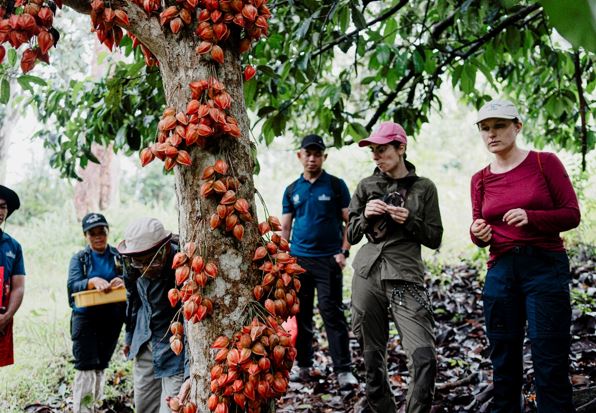
SLUSE-M programme aims at providing opportunities to various groups of potential candidates such as graduates or professionals involved in resource and environmental management; consultants and policy makers whose works are related to environmental resource management, and the general public with a relevant bachelor degree who wish to learn or update their knowledge in resource and environmental management.
The main feature of the SLUSE programme at Universiti Malaysia Sarawak (UNIMAS) is its annual interdisciplinary fieldcourse, coded as JEM6025 Interdisciplinary Fieldwork. The history of the SLUSE interdisciplinary fieldcourse can be traced back to the late 1990s when UNIMAS started its collaboration with a consortium of three universities in Denmark, namely University of Copenhagen, Roskilde University and KVL (Royal Veterinary and Agricultural University).
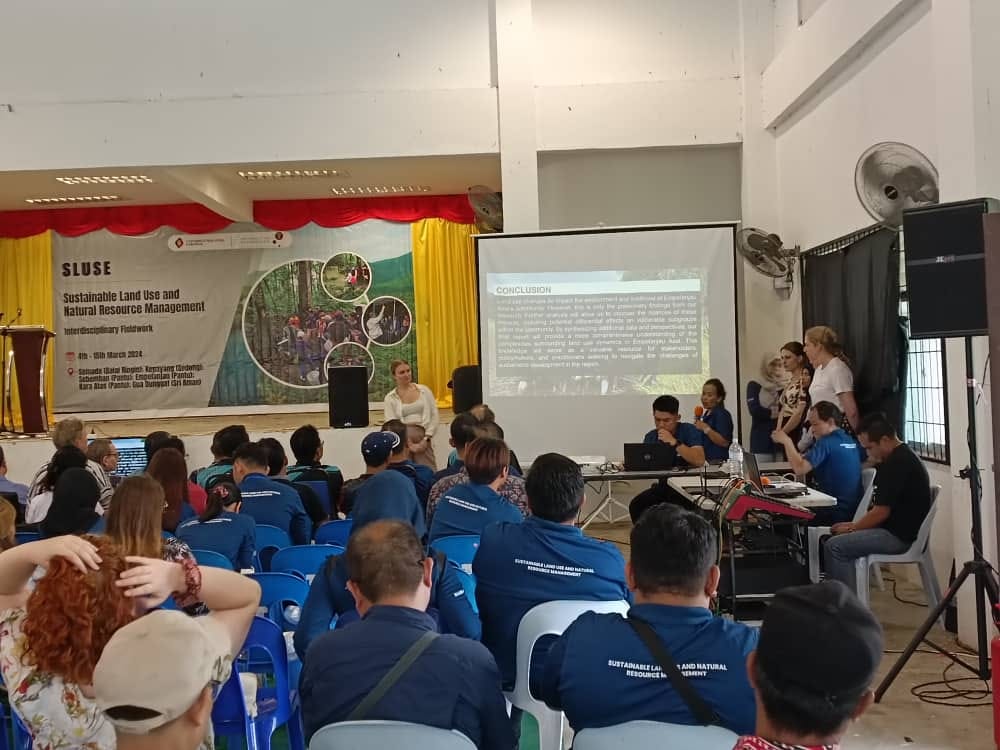
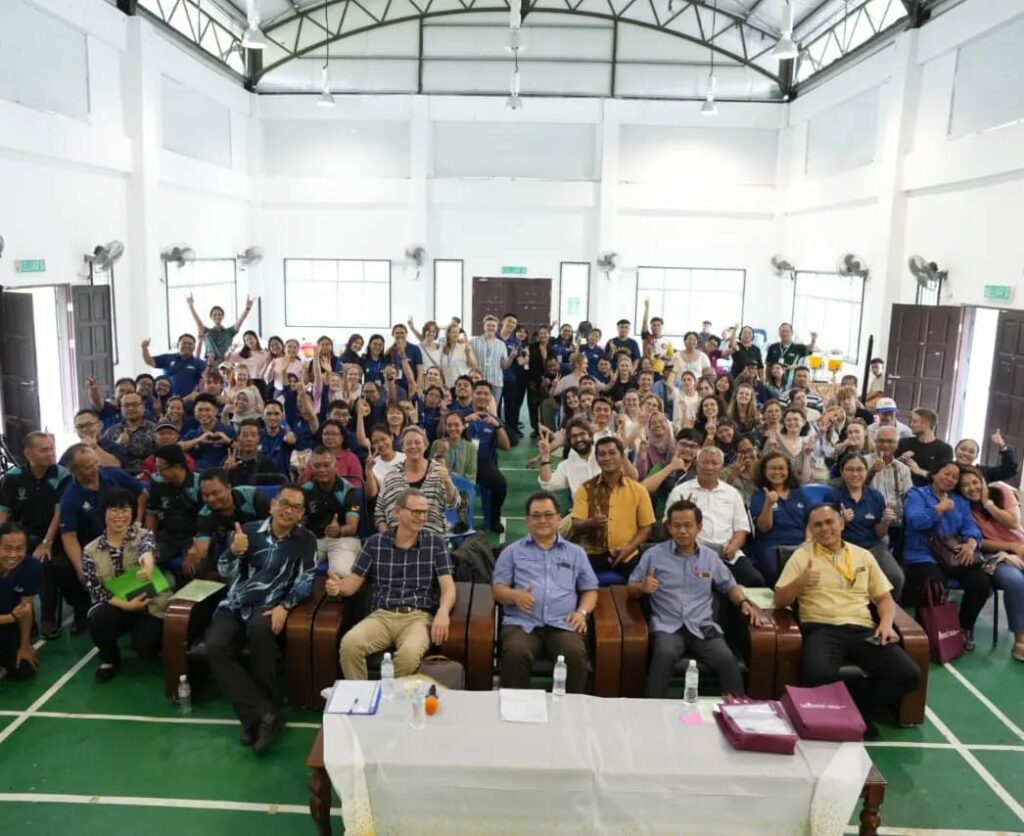
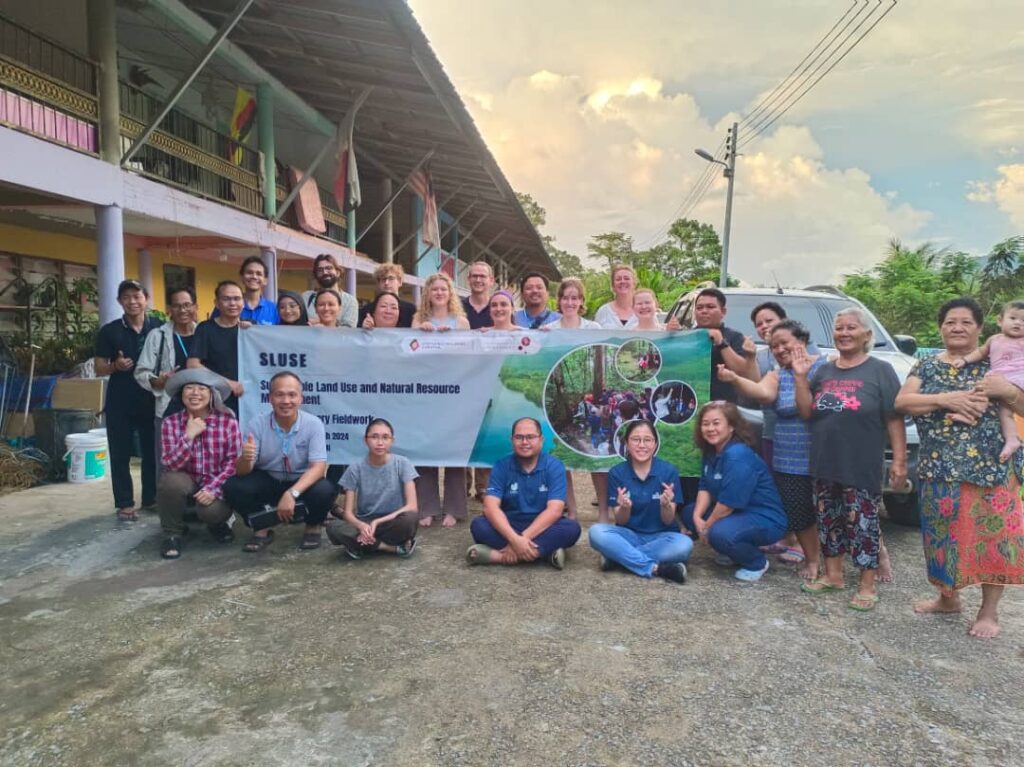
The SLUSE fieldcourse, or JEM6025 Interdisciplinary Fieldwork, requires the students to conduct a 12-day fieldwork in selected rural communities in Sarawak. This usually takes place in March where UNIMAS students will be joined by international students from universities in Denmark. Participating UNIMAS and Danish university students are divided into 4-6 groups and stay in the corresponding number of village settlements to conduct their field studies. Each group is given a specific set of field assignments, and they need to rigorously discuss, plan, and execute these tasks according to what they have been taught in the joint module courses.
The SLUSE fieldcourse itself is interesting as it assembles students from different nationalities with diverse academic and cultural backgrounds, diverse life and work experiences, and provides fresh graduates with various methods and perspectives in understanding the local communities’ relationship with their natural resources. More importantly, it gives the students the opportunity to participate directly in the communities’ daily activities while experiencing their way of life.
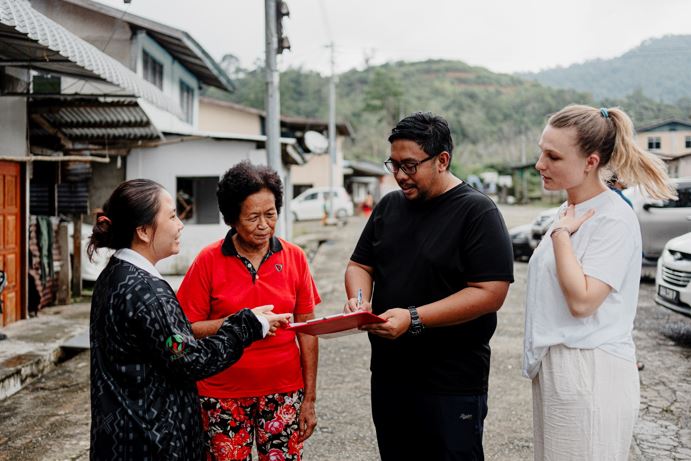
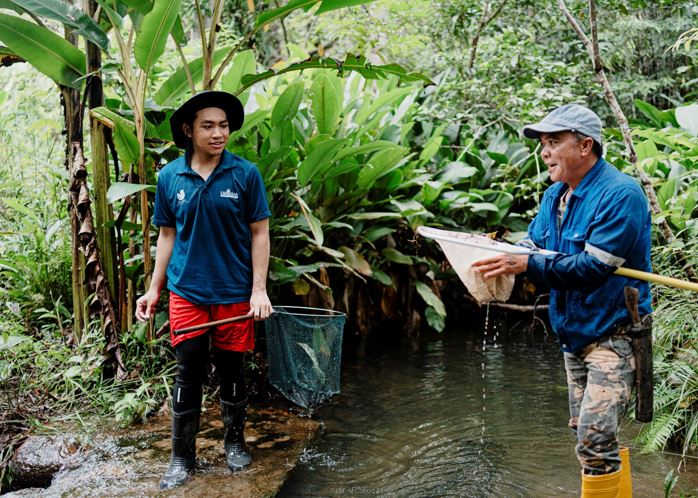
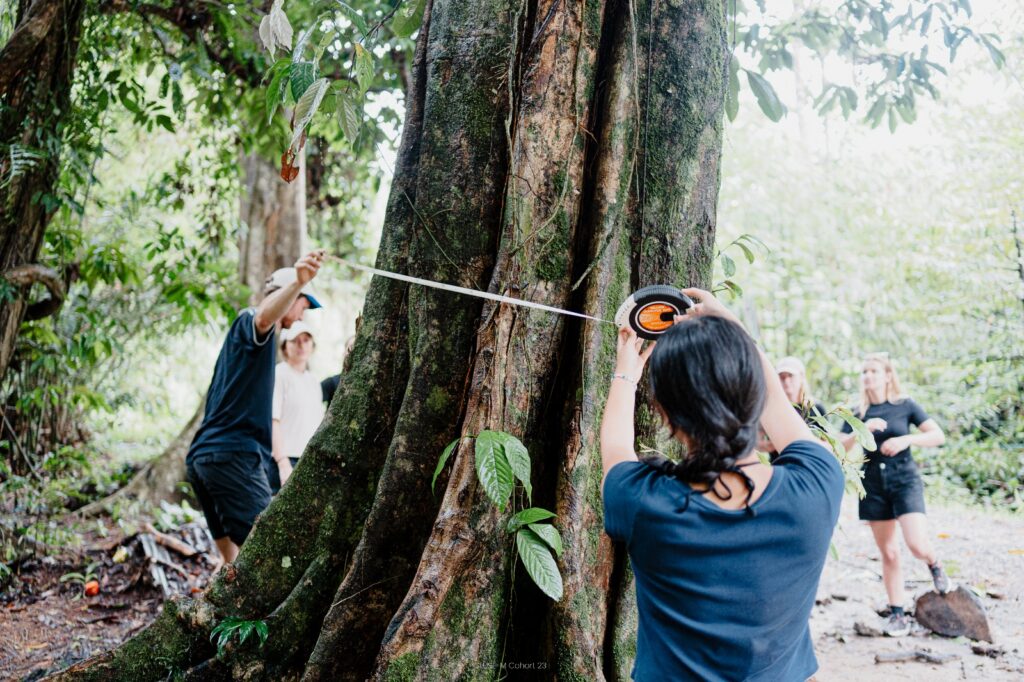
Since 2000, the SLUSE fieldcourses have been carried out in Niah (2000), Sook, Sabah (2001), Lundu (2003), Loagan Bunut/Tinjar (2004), Bau (2005), Padawan (2006), Mukah (2007), Roban (2008), Sematan (2010), Tebedu (2011), Sri Aman/Kelingkang (2012), Kedup (2013), Simunjan (2014), Lubok Antu (2015), Balai Ringin (2016), Sebuyau (2017), Pantu/Lingga (2018), Julau (2019), Sri Aman/Engkilili (2020), Bau/Lundu (2021), Ulu Layar/Betong (2022), Kanowit (2023), and most recently in Balai Ringin/Pantu/Sri Aman (2024).
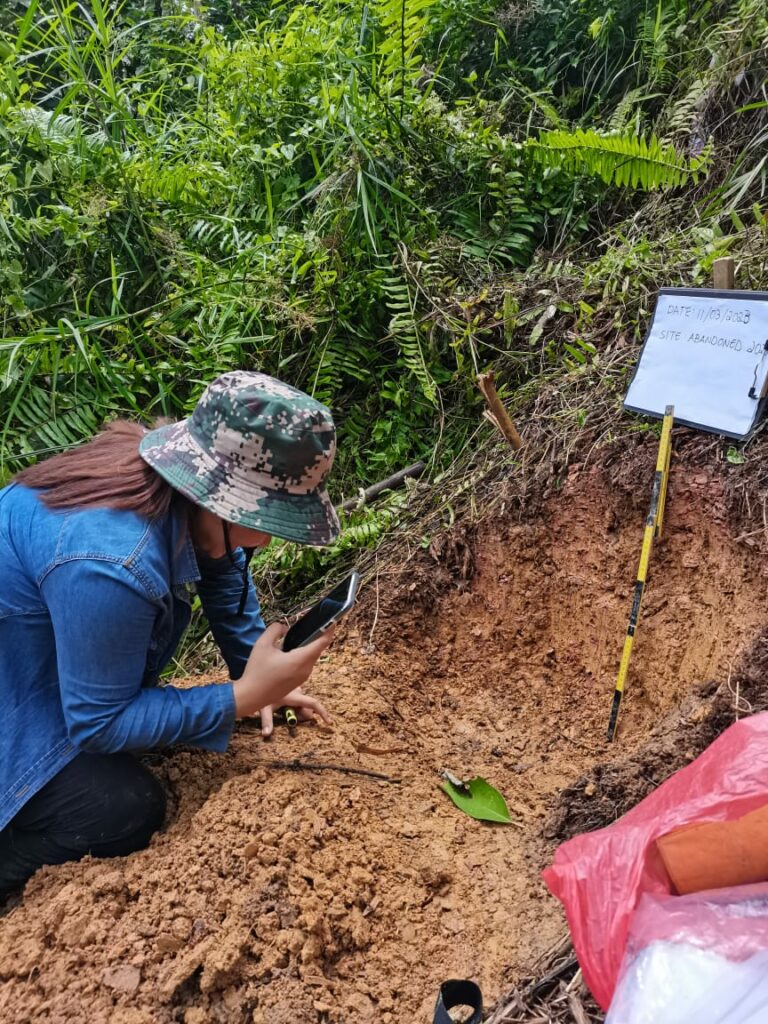
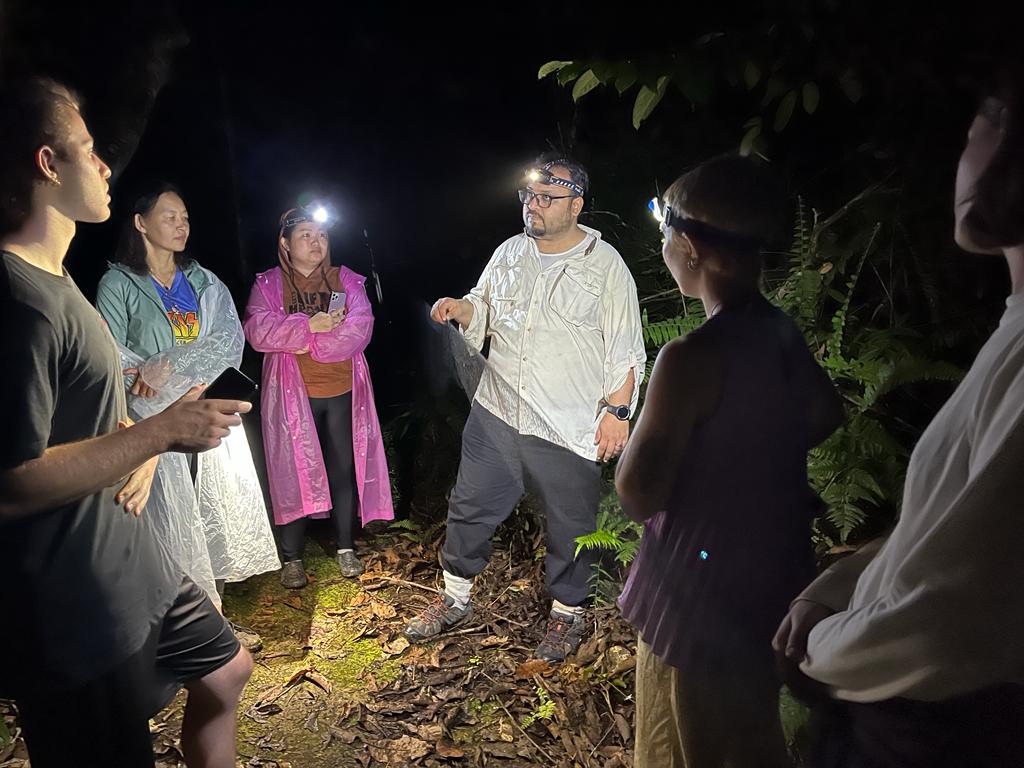
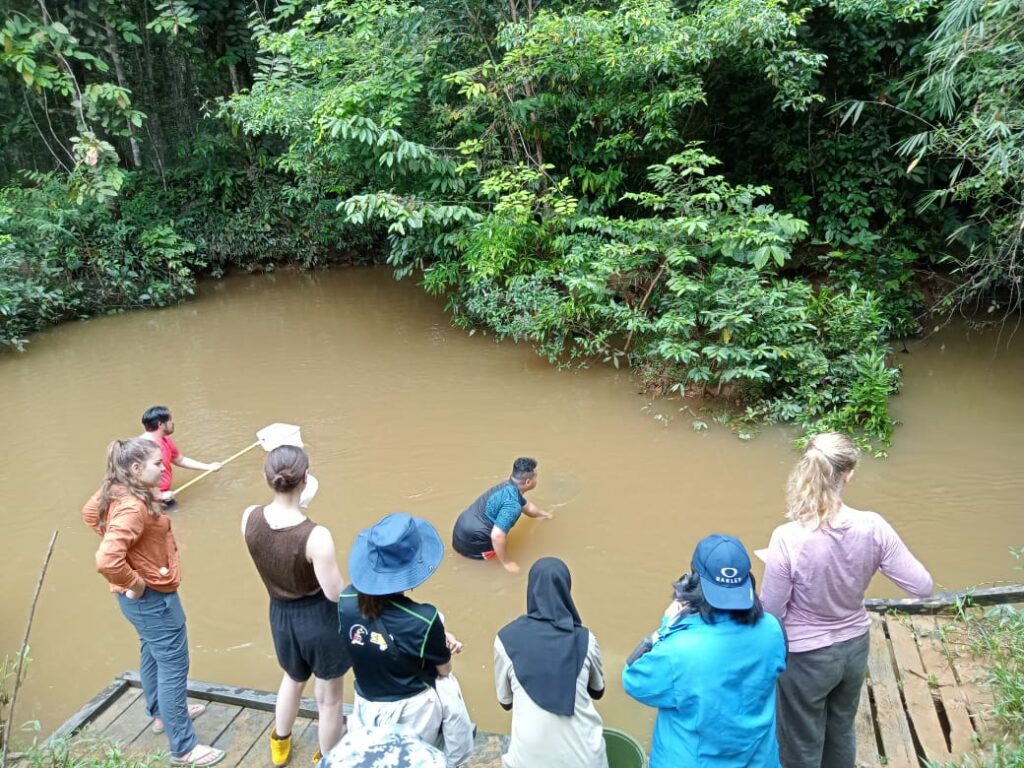
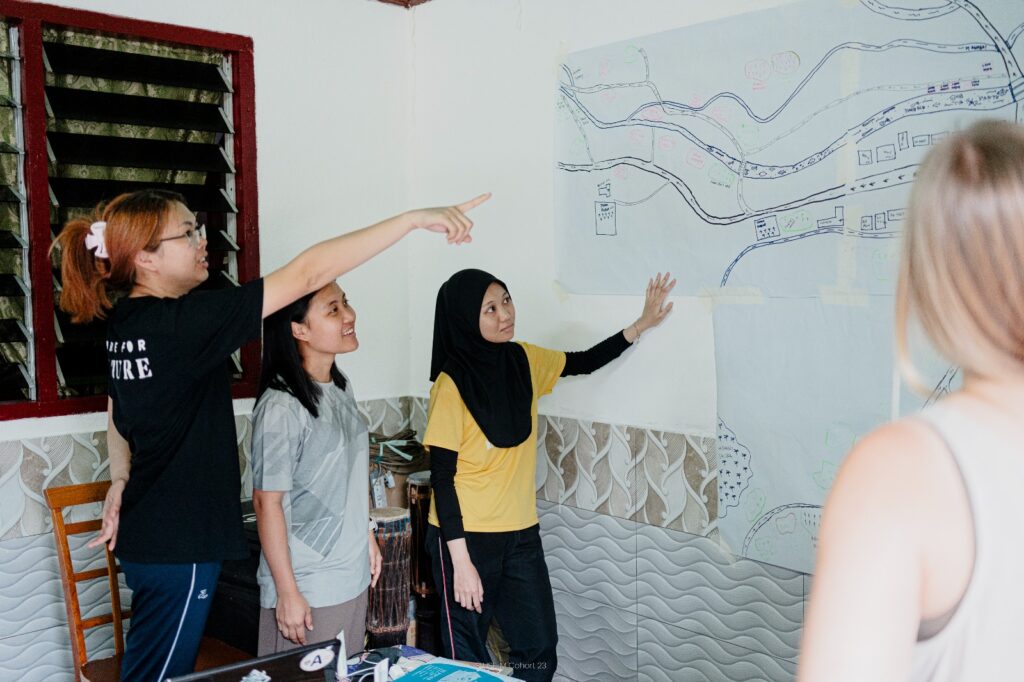
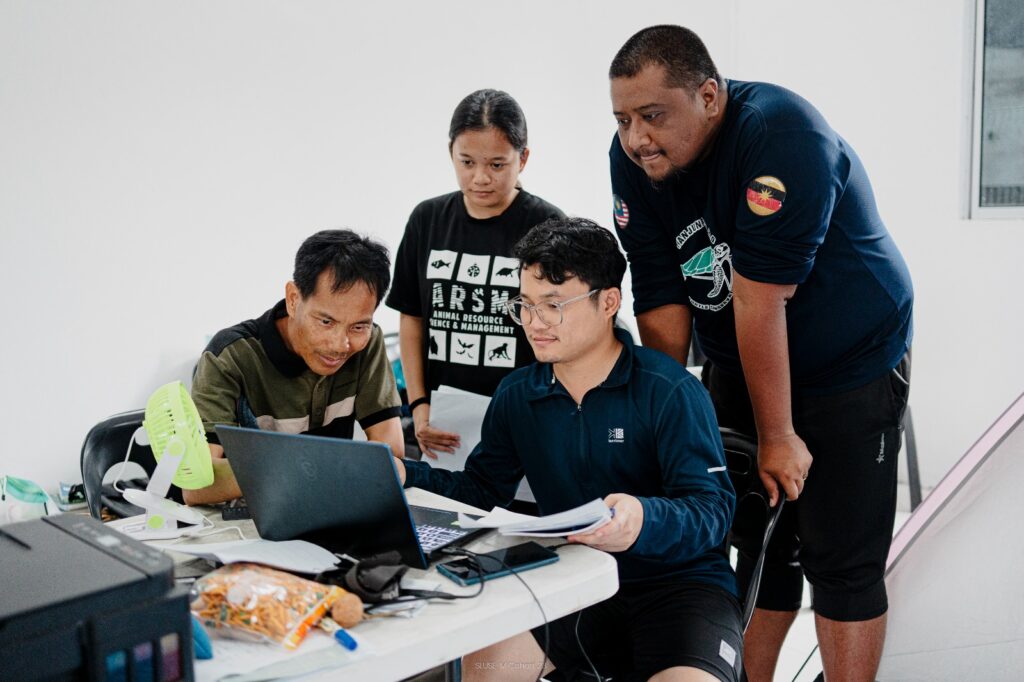
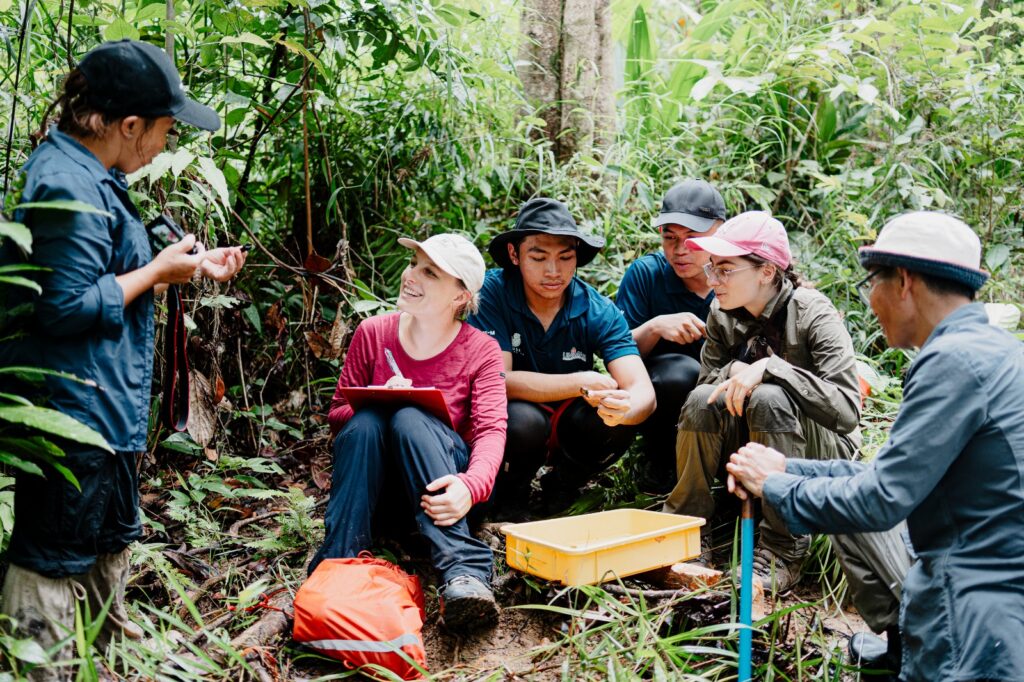
Interested to join SLUSE? Contact SLUSE co-ordinators, Associate Professor Dr Wong Swee Kiong (FSSH) or Dr Jeffrine Rovie Ryan (FSTS) for more details.